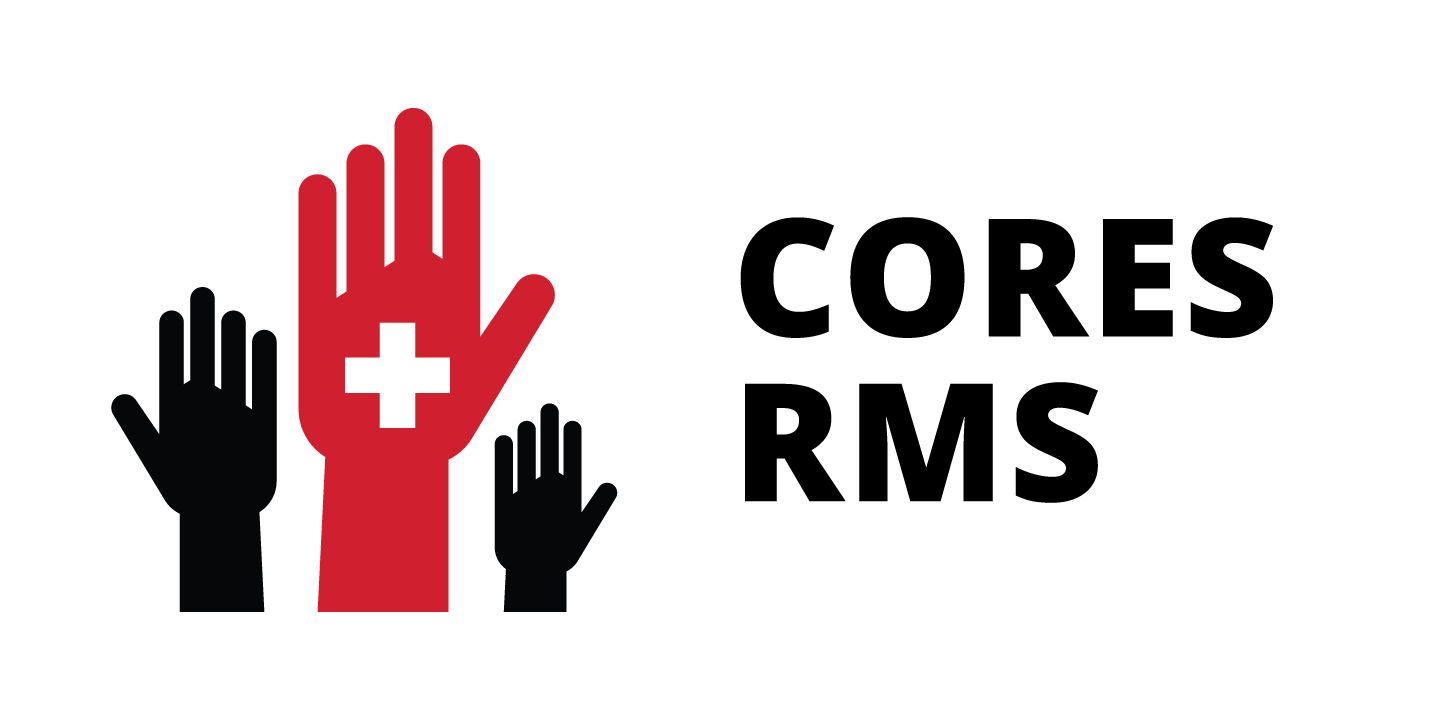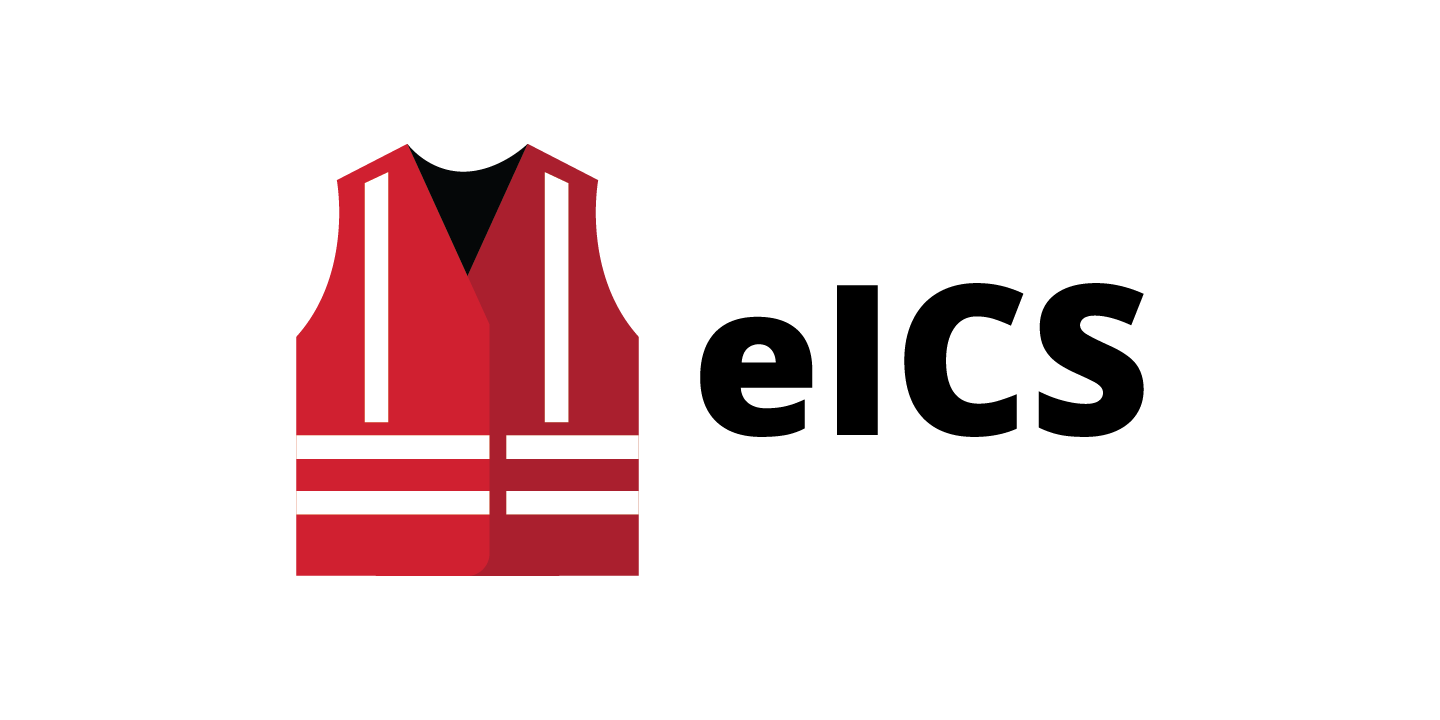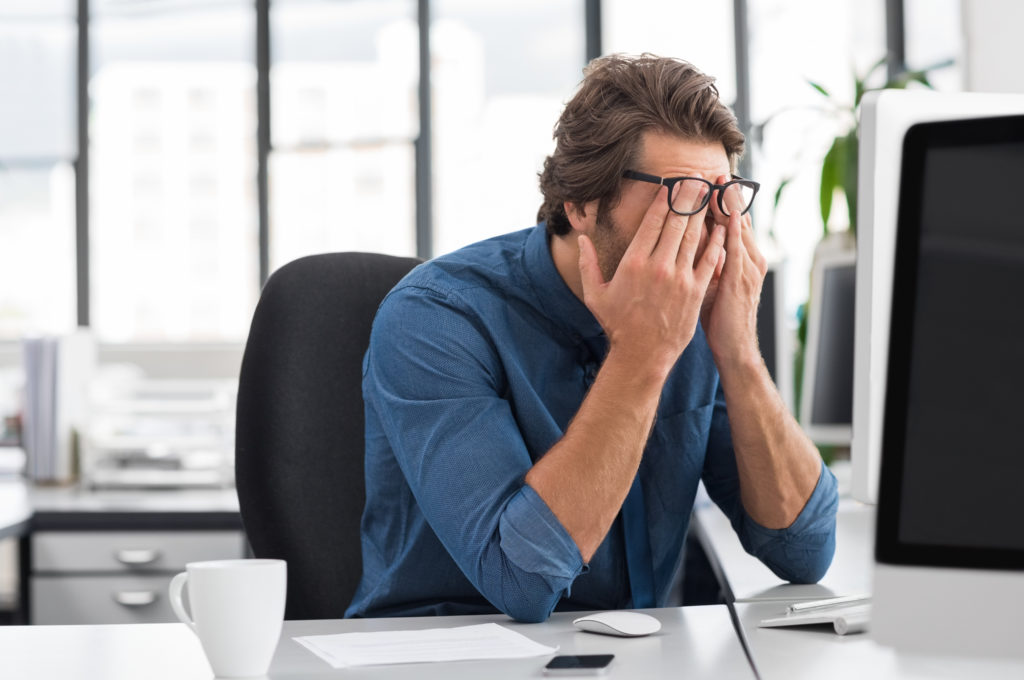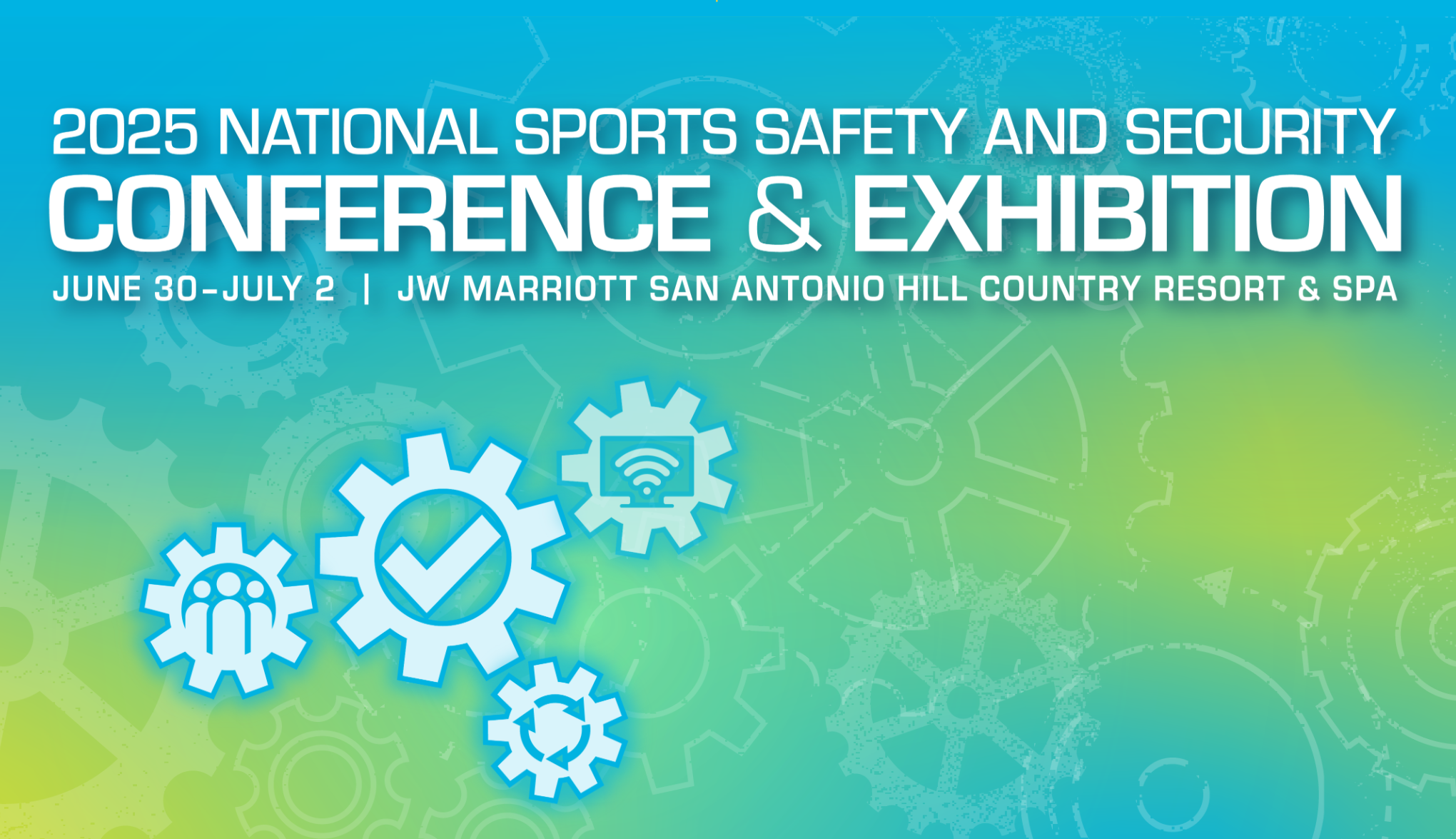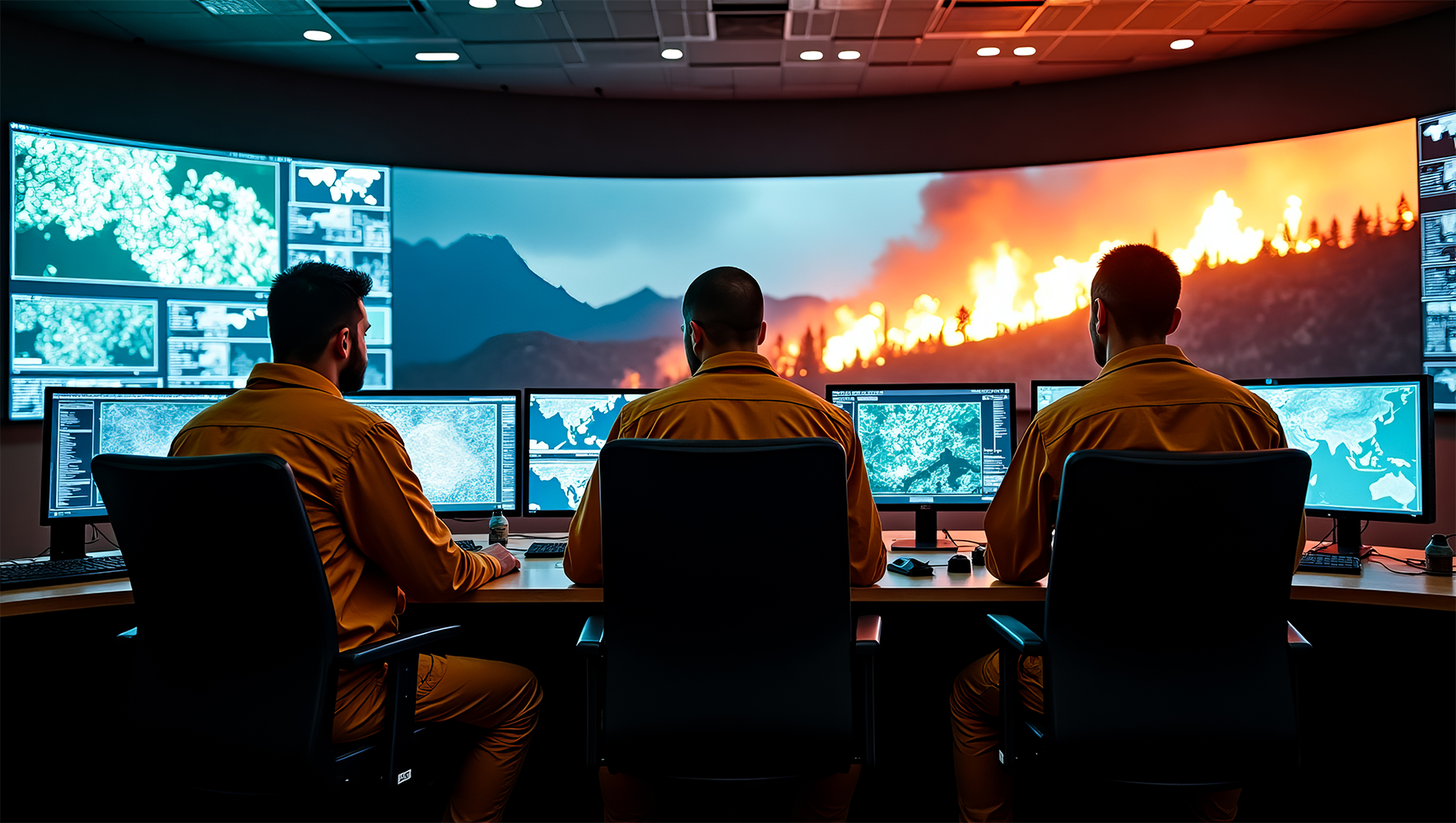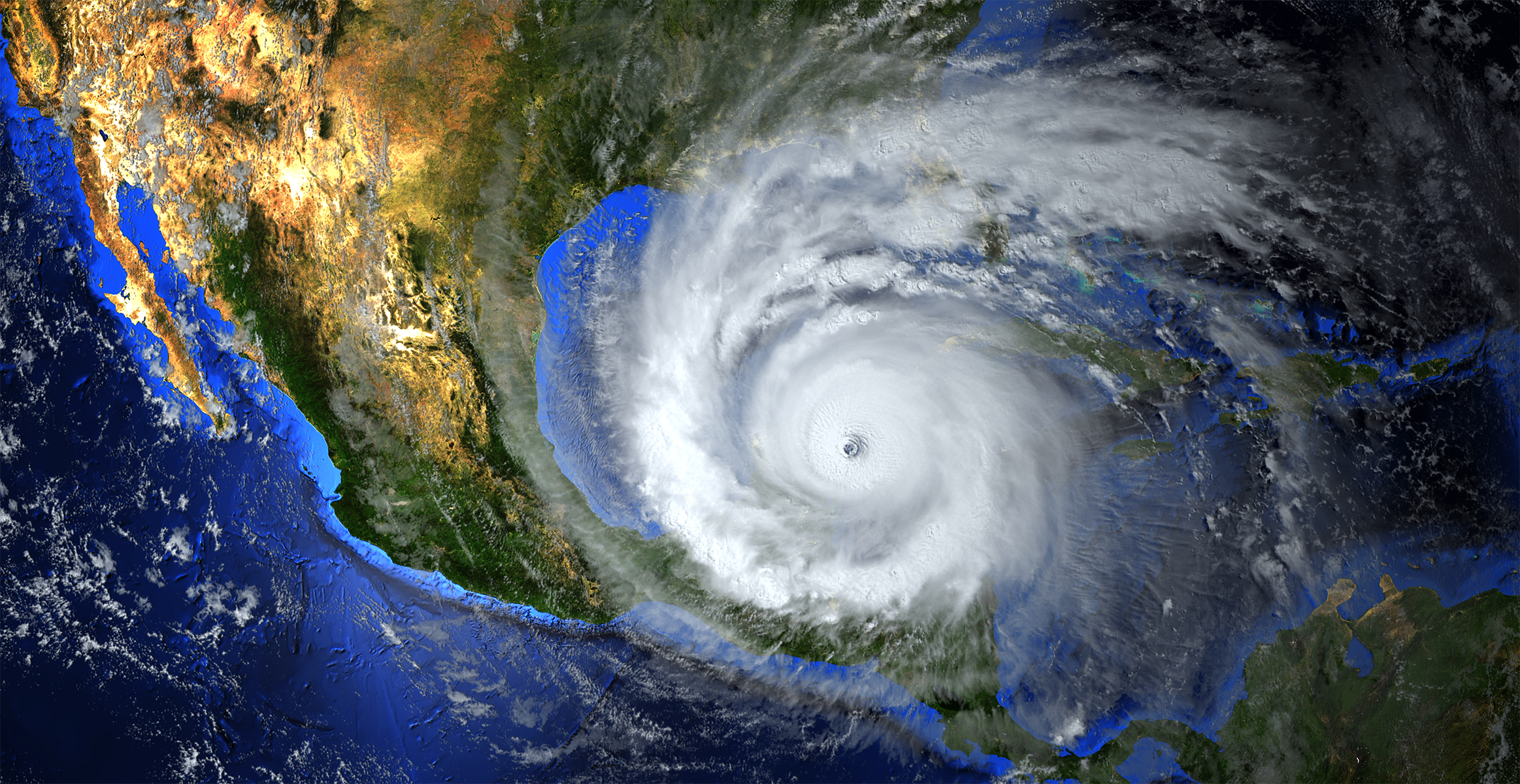This is a stressful time for everyone. As an emergency manager or public health professional, you’ve undoubtedly seen and been through a lot of high-pressure situations. However, most of the clients we hear from tell us “we have never experienced anything like this.”
The unprecedented changes in personal and professional life have everyone trying to adjust to a new normal. But it doesn’t feel normal yet, and that can cause a lot of mental and physical stress as we adjust to the combination of new schedules, increased workloads, new ways of communication, and worries about home and family.
Combined with long hours and rapidly changing circumstances, healthcare and emergency managers can become overwhelmed quickly.
Like many or most people who work on the front lines of emergency or disaster situations, it is rewarding to help ensure the health and safety of others, but it’s also vital that you look after your own health and safety. Your community needs you at your best!
Here are some steps healthcare and emergency management professionals can take to deal with stress during the coronavirus outbreak:
1. Recognize the signs of stress – Signs of stress could include physical effects like increased heart rate, headaches, muscle tension or stomach issues. You might also have difficulty sleeping, have a hard time thinking clearly, experience increased irritability, or difficulty making decisions. If you recognize the stress, you can take action to help relieve it.
2. Take care of yourself – You’re a machine! You have to give it the right fuel to keep everything running smoothly. Don’t over-indulge in junk food and watch your caffeine intake. Eat healthy. Try to have regular, nutritious meals. Drink plenty of water. Make sure you get enough sleep. This, along with #3, will help keep your machine in peak performance.
3. Move your body – During stressful times it’s increasingly important to take time for physical activity and exercise, like stretching, working out with weights, running, jogging, or walking. You probably already know this, but exercise reduces your body’s stress hormones and stimulates production of endorphins, which are the body’s natural painkillers and mood elevators.
- 4. Don’t forget to breathe – Even if you’re on duty, it’s important to take a step back whenever possible, take a short break away from the EOC and take some deep breaths to keep the oxygen pumping to your brain. Even 5 minutes can help. When you’re off duty, take time to relax and minimize news reports and media overload – listen to music, read a book, spend time talking with family members or friends, or go for a walk. Also, be careful not to overdo alcohol consumption or prescription medications. (Check out the Spotify playlist we compiled for lots of uplifting and timely tunes.)
5. Communicate often with others – It’s easy when working from home to isolate yourself and feel disconnected. However, there are lots of software applications, from plain old email to state-of-the-art emergency management platforms like WebEOC, that can help improve communication and information sharing across geographically diverse teams.
6. Use the “buddy system” – Talk to your team and co-workers about watching out for each other for signs of stress. Make a deal with each other that you will accept their signal that you are showing signs of stress and need to take a break.
7. Talk to someone about it – If stress is affecting your work or personal life, don’t hesitate to talk to someone you trust or consult a professional counselor. Your workplace might have an EAP program that can help discuss any issues you’re having. There’s nothing wrong with reaching out for help if you need it.
As an emergency management or healthcare professional, you may have been through quite a few critical incidents, emergencies, and even some major disasters. The COVID-19 pandemic, however, is a situation unlike any that we’ve experienced. In many ways, we’re covering new ground. Every facet of life is being affected and has been turned upside-down.
No matter what your level of experience, while the work you do is important, it is just as important to take care of yourself, be aware, and take steps to reduce your stress levels throughout this health crisis.





